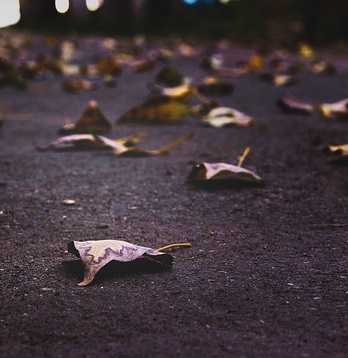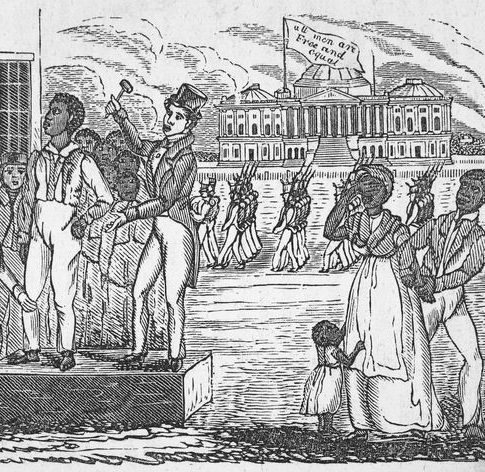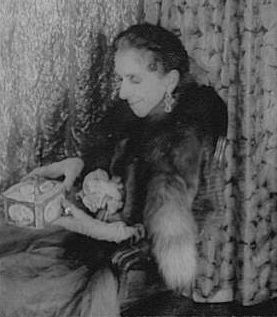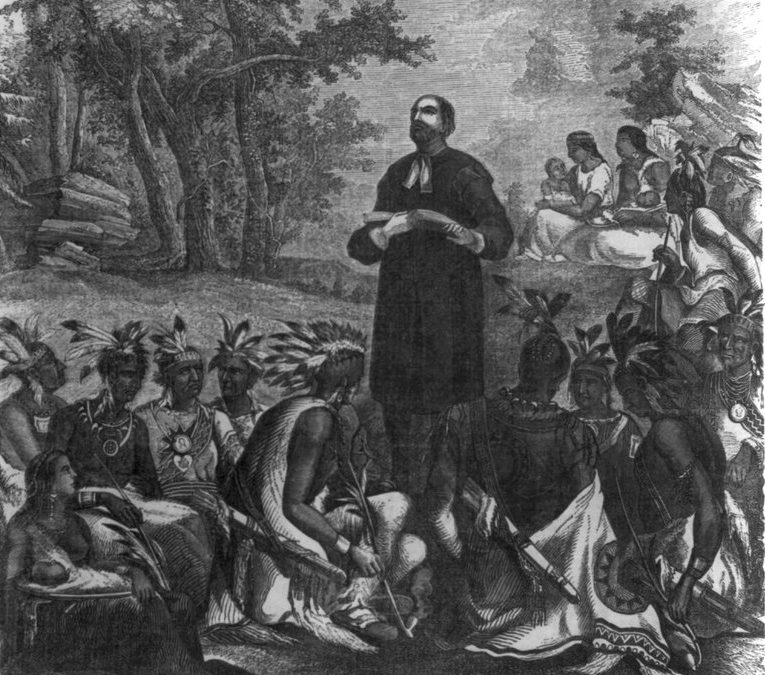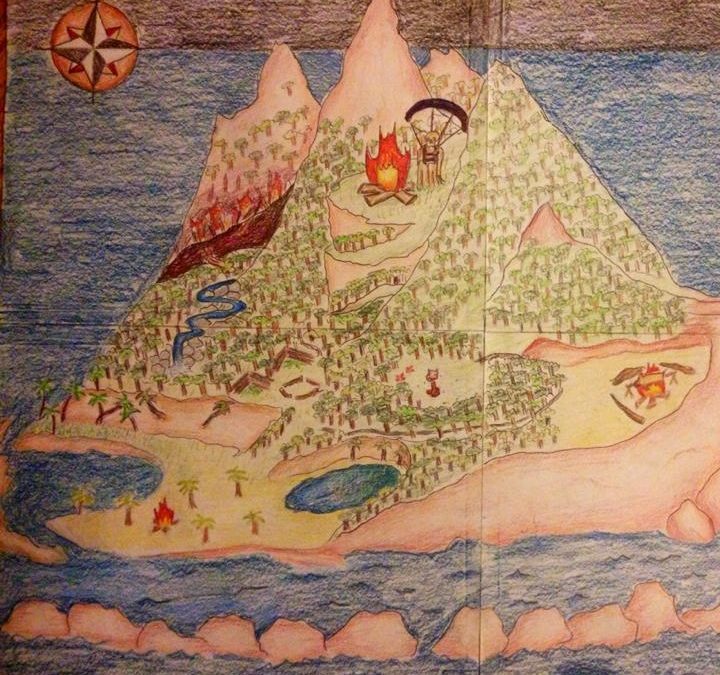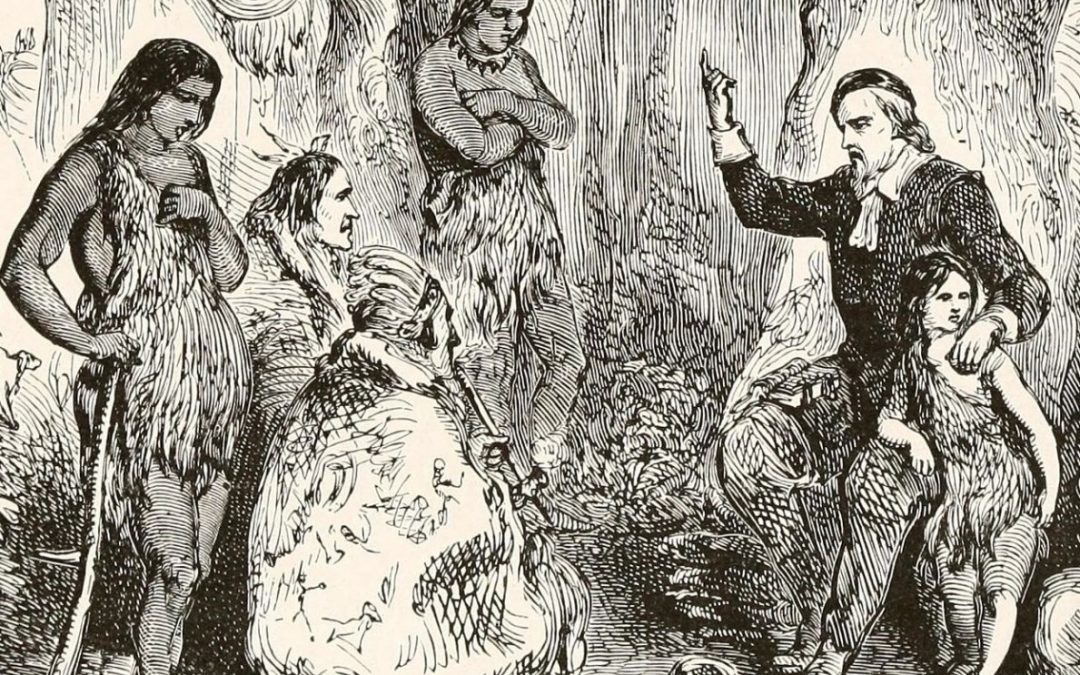”good people” owned slaves,
think about that…
Book review:
Clotel,
or The President’s Daughter
by William Wells Brown (c1814-1884)
Introduction by Dr. Joan E. Cashin
M. E. Sharpe, Inc., Armonk, New York, 1996
191 pages
This is a workmanlike treatment of a subject that is an all too imaginable foundation of early America: slavery.
It’s more a documentary than any modern understanding of a novel. Brown does a good job of character development for a limited cast of characters, including Clotel, the “mulatto” daughter of a black slave mother and a white father. This story of many aspects of slavery—disruption of families, cruelty of masters, the abolition movement, the economic importance of slave-based agriculture and production, the moral, philosophical and political debates about the “peculiar institution”—is written in a style that is manifestly journalistic and prosaic, not literary.
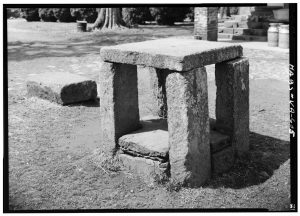
Slave auction block in Virginia
Clotel is a high impact read. Brown was born a slave in Kentucky circa 1818. He escaped, became an abolitionist and a writer in England, and was purchased by friends and freed in the middle of the 19th century. He published Clotel in 1853 as the first “novel” written by a black American.
It’s harsh reading. It’s a terrible, candid condemnation of a despicable fact of American history. It’s a catalog of shame and endurance and human spirit.
You might know that the subtitle acknowledges Brown’s unabashed reference to the story, well known in the mid-19th century, that Thomas Jefferson dallied with his slave, Sally Hemings, and had children with her.
Here are a couple highlights:
Prof. Cashin notes: “Historians estimate that perhaps 10 percent of the four million slaves living in the South in 1860 had some white ancestry.”(1) Too many white owners forced themselves on their female slaves. In some parts of the South, a person with white lineage except for a black great-great-great-great grandmother could legally be sold as a slave.
Brown underscores the hypocrisy of slave owners who professed political, philosophical, or religious convictions that were nominally opposed to slavery. For example, Brown states that in the middle of the 19th century, more than 660,000 slaves were owned “by members of the Christian church in this pious democratic republic.”(2)
Slavery died hard.
(1) – p. xiii
(2) – p. 187
* * * * * *
Book review. Copyright © Richard Carl Subber 2018 All rights reserved.
Book review:
Founding Mothers:
The Women Who Raised Our Nation
by Cokie Roberts
The Revolutionary War,
as fought by women…
–
As with another eye: Poems of exactitude with 55 free verse and haiku poems,
and the rest of my poetry books are for sale on Amazon (paperback and Kindle)
and free in Kindle Unlimited, search Amazon for “Richard Carl Subber”
* * * * * *
